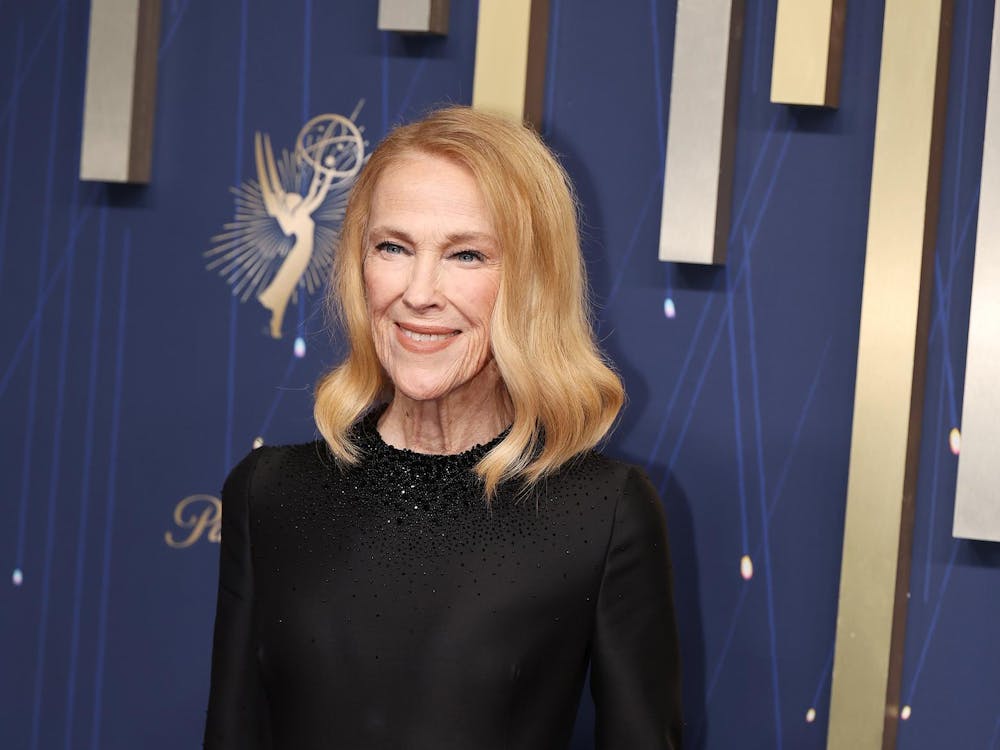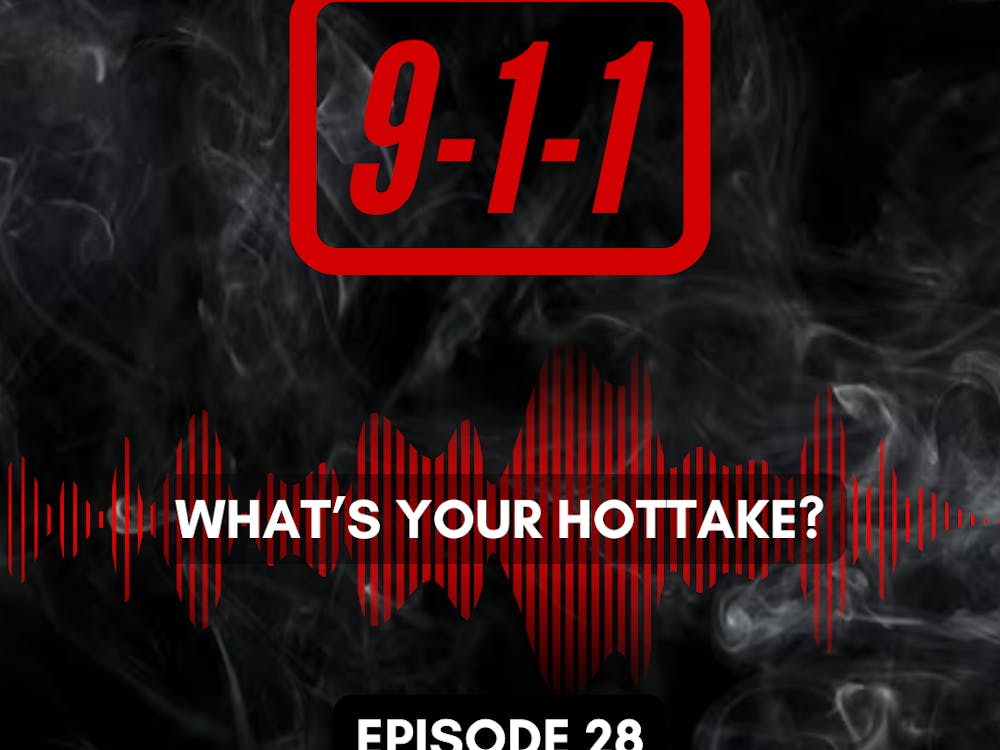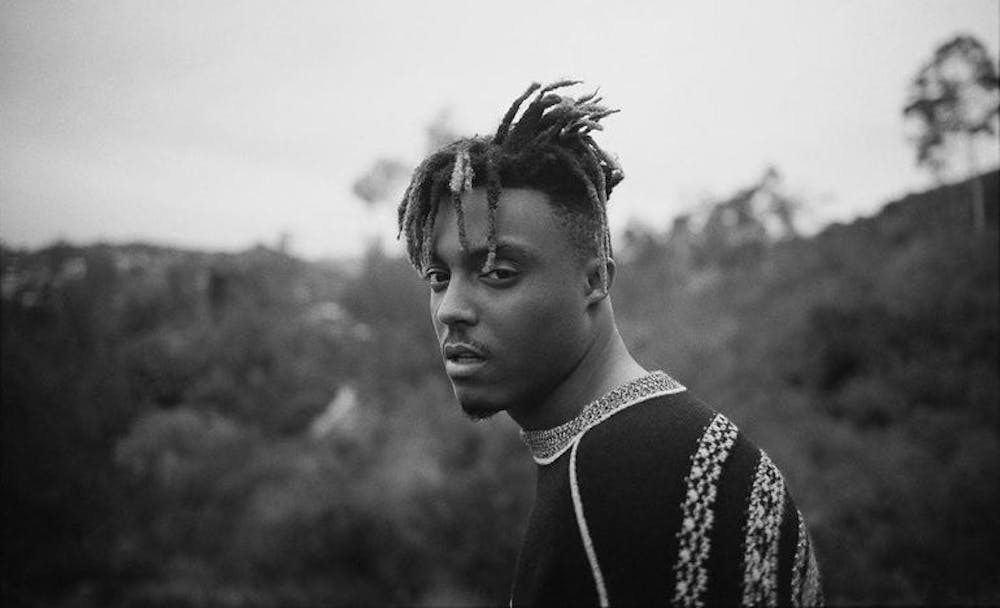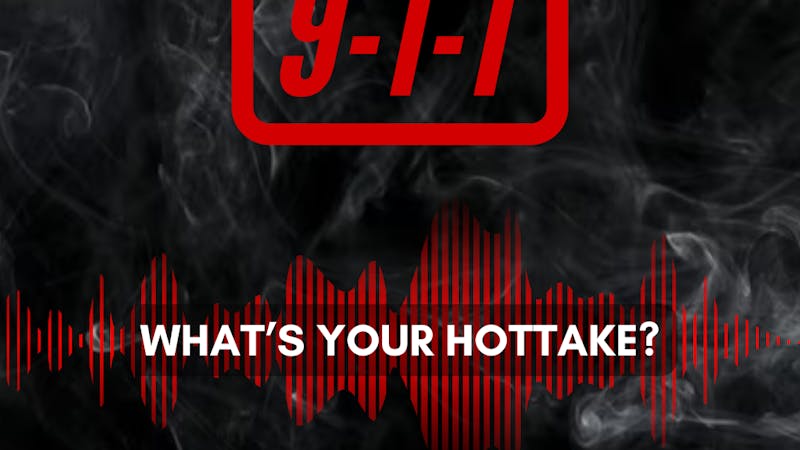by Kellyn Harrison
Rap. A genre born within the 1970s block parties of New York City by blending funk, soul, and disco. A genre hailed for its wordplay, punchlines, complexity, and “real” lyrics. Artists like Tupac and Biggie preach systematic issues like racism, class divide, drugs, etc. However, anybody unacquainted with the genre will tell you it glamorizes sex, violence, anarchy, and drugs. As this may have been true within the past couple of years, I think a light has been slowly growing right under our noses. A light that was almost snuffed out on Dec. 8, 2019, but has prospered above all. That light is Juice Wrld.
The Man, The Myth, The Legend
Born in Chicago, Illinois, Juice Wrld grew up among many musically stylistic influences. His single mother first pushed him into the music scene by signing him up for piano lessons. Thus, encouraging him to pursue guitar, drums, and trumpet lessons. Even though Juice’s mother banned rap because of her conservatism, Juice claimed to secretly listen to Chief Keef and Gucci Mane when visiting his cousins. All the while, Juice stated a childhood crush piqued his interest in indie/punk rock artists such as Panic! at the Disco and Billy Idol. These idols would paint the hip-hop, trap, emo rap style we see in Juice’s music today. Juice even collaborated with Brendon Urie in 2018 with “Roses”.
[embed]https://youtu.be/S_1MXllHWMQ[/embed]
However, it was Juice’s life-altering struggles that truly shaped his music. In sixth grade, Juice’s drug abuse began. He tried to break free, but heartbreak, depression, and anxiety caused him to relapse. It wasn’t until meeting his current girlfriend, Ally Lotti, when he began to feel in control of his life. It was after he created his music and established a platform for himself that he found the encouragement he needed to keep working, even if it was only to help others. His vulnerability and emotionally seeping lyrics created a “family” of fans who could relate and trust him with the weight of their own struggles. This is something XXXTentacion started to create before his death in 2018.
Fighting Demons
Even though Juice faced drug abuse almost his entire life, he understood how damaging it can be, especially for one’s mental health, having faced depression and anxiety himself. Juice knew how powerful his position as an upcoming musician was. Thus, using his platform to focus on topics such as depression, anxiety, heartbreak, drug abuse, racism, and PTSD. Juice wanted to bring light to many unspoken issues in society and warn the younger generation as Tupac and Biggie did.
This change in rap is what draws the younger generation in. It is stated by Teen Mental Health that, “1 in 5 young people suffer from a mental illness, that’s 20 percent of our population…”. Therefore, as the rap industry discusses the struggles of mental health, more young adults feel heard and appreciated in a world where mental health is still seen as a stigma. Juice makes the younger generation feel heard, welcomed, and not alone in their battles. His music is a message for the world and a sense of release for those struggling under the weight of their own mental illnesses. This is something encouraging when rap has been stigmatized as unproductive and even damaging toward society. Even more so now when societal change is in such high demand.
Hear Me Calling
Sadly, at the height of his career, Juice Wrld died on Dec. 8, 2019, just a couple days after he turned 21. Not only did this shock the fans who relied on him, but it shocked the world. As his fans paid their respects and listened to his music over again, they noticed some chilling details in his music. Where we once believed his music was a confessional of his struggles, we realized it was a call for help. Especially in his newly released song “Wishing Well” where he states, “I cry out for help, do they listen? I’ma be alone until it’s finished.”
[embed]https://youtu.be/C5i-UnuUKUI[/embed]
We believed he was getting better because he had overcome most of his drug abuse struggles. We believed everything was fine. He was making tons of money, had a huge house, had a girlfriend, and many expensive clothes. But as his song “Fighting Demons” says, “I got rich, I got rich, I’m livin’ that fast life…and that’s supposed to make me happy. I got a couple of questions. How come that…don’t ever make me happy.”
[embed]https://youtu.be/rJZynxvJnlI[/embed]
His death and music only brought to light what our system was lacking when it came to mental health support/awareness. This is supported by Teen Mental Health, which states
only four percent of the total health care budget is spent on our mental health. Even though it is understood the budget is tight under the demand for COVID-19 relief, the younger generation is expressing Juice’s call for help themselves and wishing for more to be done in the future, so those fighting will not lose so early like Juice did. Especially when the country is currently living in a time of fear and isolation.
Legends Never Die
Following Juice’s death many believed his untitled album, originally planned to drop on his birthday, was his last. However, many turned to his last interview with Forbes where he revealed he has over 1,000 unreleased songs. Shortly after his death, his team stated they would be honoring Juice’s legacy by continuing to release his music for those who have relied on it for so long. The connection many felt toward Juice and his struggles would not be snuffed, instead, it would be prolonged to help our generation and generations to come. Those struggling with mental illness themselves will continue to call on his cry for help and hold on to the hope for a better future in which they can receive the acknowledgment and help our society so desperately needs.
Here you can listen to Juice Wrld’s vulnerable posthumous album, Legends Never Die, that dives into his struggles with fame and his desire to save those who rely on him.
Sources: Byte, Forbes,
NPR,
Revolt,
Teen Mental Health,
Youtube
Featured Image: Billboard



















